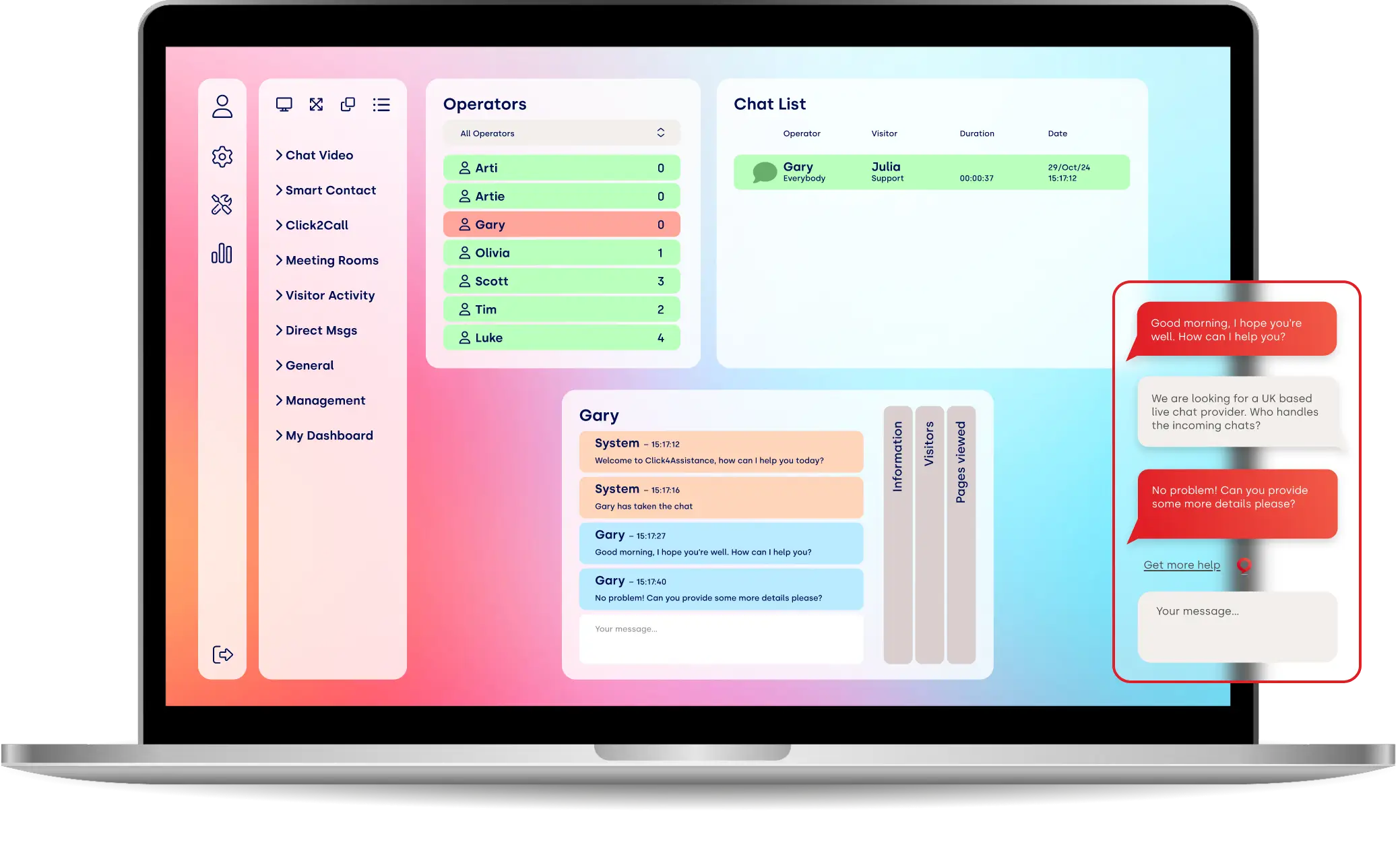The role of chatbots in the travel industry

Chatbots can recommend hotels, restaurants, attractions and activities, book flights, car rentals, and tours, and send reminders, confirmations and notifications.
The travel sector is a communication-heavy industry. Customers, agents, airlines, hotels, car rental companies, and insurance firms must constantly talk to each other to keep things moving.
Nobody batted an eyelid in the 20th century when phone calls and notepads were the norm. But to today’s smartphone-spoiled consumers, slow communication and lack of access to company representatives feel unacceptable. You can buy stocks, taxis, groceries and entertainment online by clicking a button, but you can’t sort out a holiday! It doesn’t feel right.
Historically, the travel industry tried to solve this issue by asking customers to pay a premium for priority support. Whenever someone booked a flight, they got an option to pay a little more for a slightly better service.
That worked for a while, but since the ending of global travel restrictions at the end of 2021, the industry’s lackadaisical approach to customer service has become more apparent. Traveller volumes will soon exceed pre-pandemic levels, but the sector hasn’t adjusted to changing times. 2019 customers expected poor customer service, but 2023 travellers won’t.
Chatbots are riding to the rescue
Fortunately, a solution is in sight. New natural-language processing-powered chatbots can understand and respond to users when asked questions in regular sentences. When travellers want to contact their travel agent or airline, they can talk to the bot just as they would a human.
This change is unique to the post-pandemic era. While the technology existed in the past, it has matured to the point where it is viable in commercial applications. That wasn’t the case before.
With natural language processing (NLP) and other technologies, consumers no longer have to have wooden conversations with the underlying artificial intelligence. These machines now better understand context, logic, reason, and user intent, letting them make sensible suggestions that help people get the answers they want.
For instance, chatbots today can instantly gather data and solve issues. They can also solve problems without human input. The most advanced chatbots can reason about the world and make suggestions based on contextual information provided by the customer.
The resulting productivity improvements could be tremendous. Travel firms could potentially route complex queries to staff and leave the bots to deal with minor issues, freeing up time and reducing wage expenses. They could also improve customer service by responding to queries across multiple platforms.
If the industry were to take this step, it wouldn’t be the first. Uber, Lyft and Mastercard all use these AI-powered systems to provide their customers with quick answers to entry-level queries without the need to forward them to a human agent.
But do customers want to talk to robots? Wouldn’t they prefer a human?
Well, the jury is still out on that. However, research does show that 76 per cent of customers expect to talk to someone immediately upon contacting a company. And 74 per cent are willing to forgive a brand if they receive excellent customer support to deal with an issue. Ultimately, customers want solutions. It doesn’t matter whether an AI or a human solves their problems, as long as they get solved.
How the travel industry can implement chatbots
Most travel industry firms understand the value of chatbots. However, relatively few are using them. Fortunately, implementation requires following a few simple steps.
- Identify the areas where the chatbot can be most effective. For the majority of travel companies, this will be things like answering frequently asked questions, arranging hotel reservations, and booking flights. Chatbots can also provide checking-in information and timely itinerary reminders.
- Train employees to work alongside chatbots. The next step is to integrate chatbots into your team’s workflow. AI-powered solutions are not a replacement for human agents. Instead, they enhance efficiency and filter unnecessary conversations. Employees should understand chatbots’ limitations and when to intervene in a conversation to provide the customer with a desirable outcome.
- Implement chatbot-supportive policies. Companies should define protocols for escalating customer service calls to agents and monitoring outcomes. Chatbots should undergo a process of continuous review and performance monitoring.
- Establish a dedicated team or department. Having people who understand the purpose of your chatbot and how to implement it correctly can help you get the most out of it. These individuals should ensure new chatbots integrate seamlessly into the existing customer journey and experience.
Ultimately, you want everyone to have a clear picture of how you plan to implement chatbots in your organisation to improve customer service. The more stakeholders in the loop, the more likely implementation will succeed.
What are the benefits of chatbots in the travel industry?
One of the main advantages of chatbots is that they offer 24/7 customer service. Their roles include answering common queries, providing information, and resolving issues. Chatbots can also handle multiple customer service requests simultaneously, limited only by bandwidth. This capability reduces waiting times and improves customer satisfaction considerably. It takes the hassle out of customers’ experience and reduces the pressure on your colleagues.
Advanced chatbots provide relevant and timely suggestions based on the user's preferences, location, and context. For example, you can imagine a solution equipped with NLP and a large language model (LLM) being able to:-
- Recommend hotels, restaurants attractions, and activities
- Book flights, car rentals, and tours
- Send reminders, confirmations and notifications
Chatbots may also significantly reduce operational costs for travel companies. Firms can use them to automate mundane, repetitive tasks and analyse vast troves of data, looking for valuable insights that might boost business intelligence. They can also leverage artificial intelligence and machine learning to improve responses over time.
Adding A Chatbot As A Travel Company
Do you represent a company in the travel industry, struggling to manage a large volume of calls? Our chatbot solution can help. You can add online chat to your website with Click4Assistance’s integrated and managed service. It is specially designed for travel companies looking to meet their 21st-century customers’ needs.

























